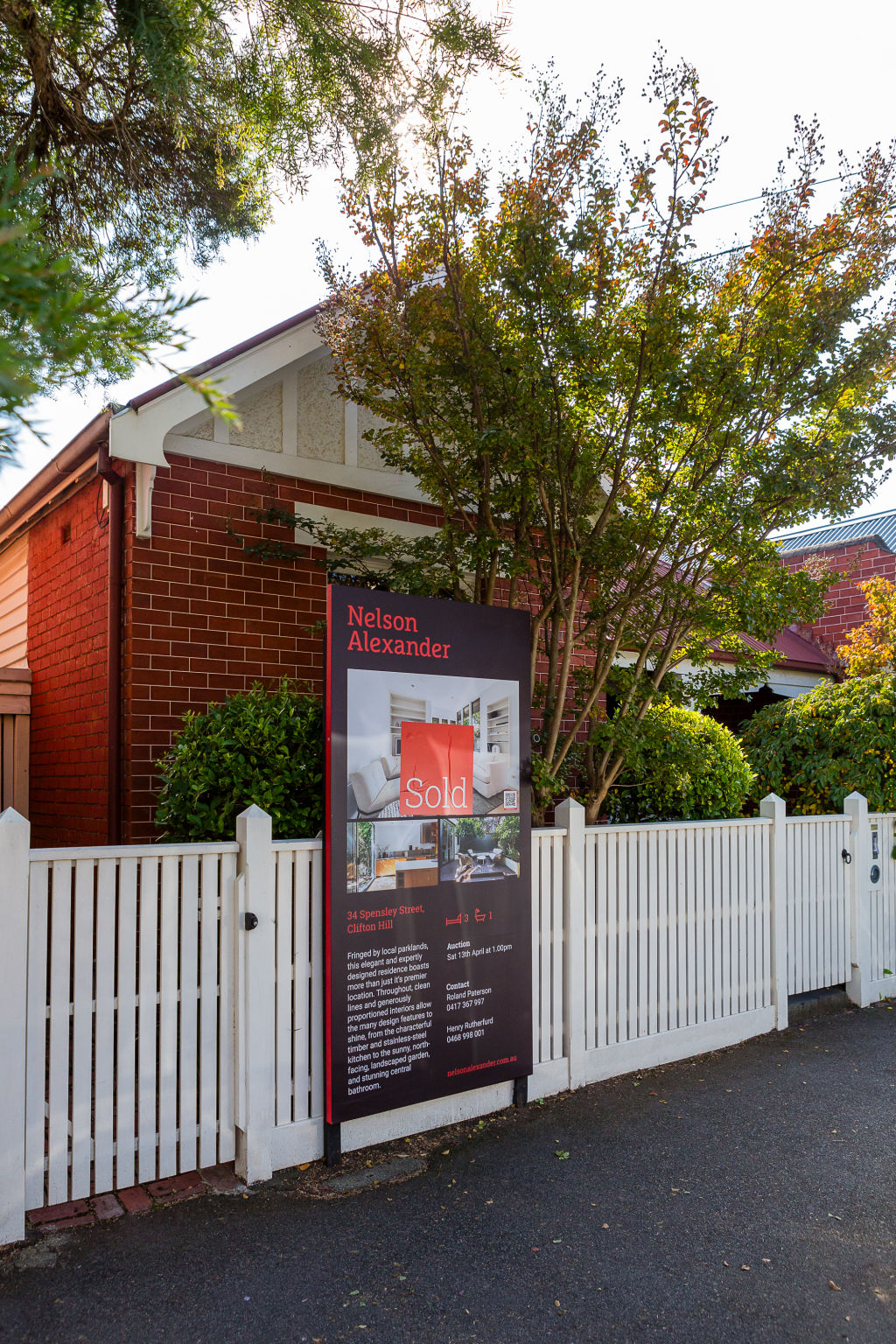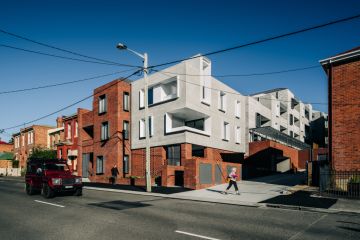Whats better, investing in residential or commercial property?
With rising residential property prices, high interest rates and more legislated tenants’ rights, investors are increasingly looking at commercial real estate to see how it compares in terms of returns, risk and hassle.
And there are plenty of pluses and minuses on both sides.

“Residential usually has a more cost-effective purchase price and higher capital growth if you choose the right property,” says Debra Beck-Mewing, chief property strategist at buyers’ agents The Property Frontline. “It also has a broader range of potential tenants, so if you lose one, it’s easier to find another.
“In addition, with commercial, you have to buy the property, then study which business will best suit it. If it doesn’t work out, you might have a longer period of vacancy before you fill it again. But on the other hand, commercial tenancies are generally longer and if, for instance, you’re a small business owner, you can buy it with your super and rent it back.”
Yet for the general investor, who’s often risk-averse, it can be a more demanding approach and more expensive to manage, Beck-Mewing advises.
Independent economist Saul Eslake agrees. Commercial can be more precarious with the chances of a company going broke or of an economic downturn in its particular location. It does offer the chance, however, to pass on costs, like rates, charges and the outlay on a fitout.

“With residential investment, you do have problems with people, pets, leaks and flooding,” he says. “With commercial, you’re just dealing with a business. Then again, people will always need somewhere to live.”
Rethink Investing’s Scott O’Neill co-founded his buyers’ agency advising clients about residential investment. With a surge in demand for information about investing in commercial assets, he’s now doing five times as much business in that sphere.
“It’s where the demand is at the moment, and it’s definitely building momentum,” he says. “There are pros and cons for both. Residential is more familiar to people, is arguably less risky and people can use commonsense without needing business acumen. It also needs a lower deposit of 10 per cent to buy against commercial’s 30 per cent.”
In addition, O’Neill says, there tends to be more residential stock available, more information readily accessible and, critically, good long-term capital growth.
Yet when it comes to net returns, commercial is king, he insists. “After insurance, maintenance and paying for a rental manager, the net return from residential can be 2 or 2.5 or at best 3 per cent,” he says. “With commercial, it’s 6 to 8 per cent.
“That’s why I went into commercial – I needed cash flow. Another advantage of commercial is more flexible lending with lease doc mortgages calculated on using rental income to pay a loan. That’s a huge positive and gives you the freedom to scale further.”
As for the commercial risks, they can be managed too, he says, especially if you’re smart and choose quality assets like good industrial, medical, supermarkets or large-scale logistics.
“They’ve tended to make a big investment so they want to stay, and commercial has a nine-year average tenancy. But with resi, people change jobs, have a family and outgrow their home, want to move elsewhere or upgrade or downsize.”
We recommend
We thought you might like
States
Capital Cities
Capital Cities - Rentals
Popular Areas
Allhomes
More










